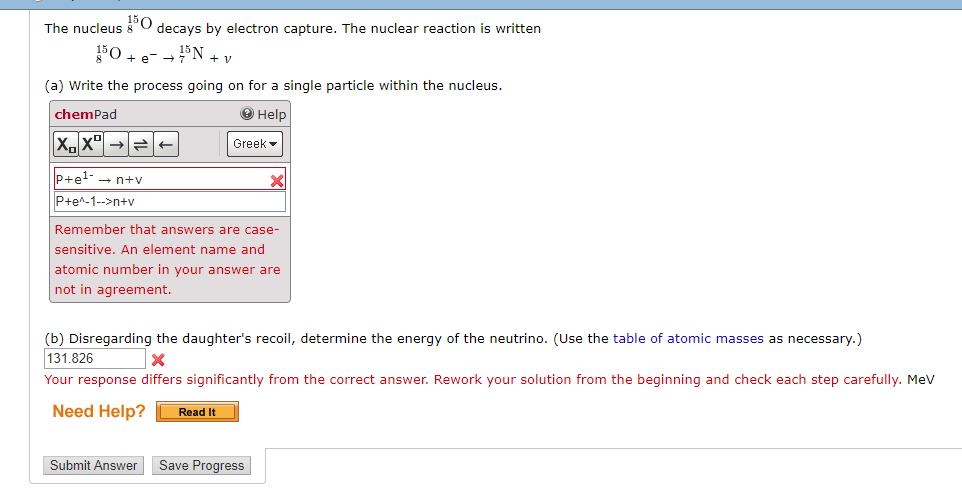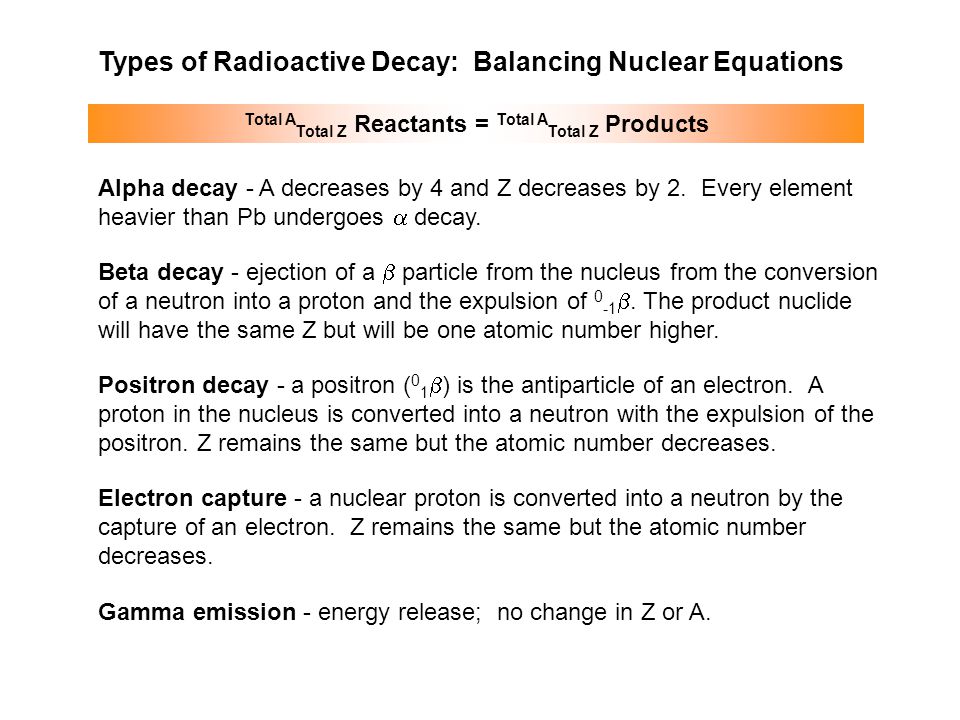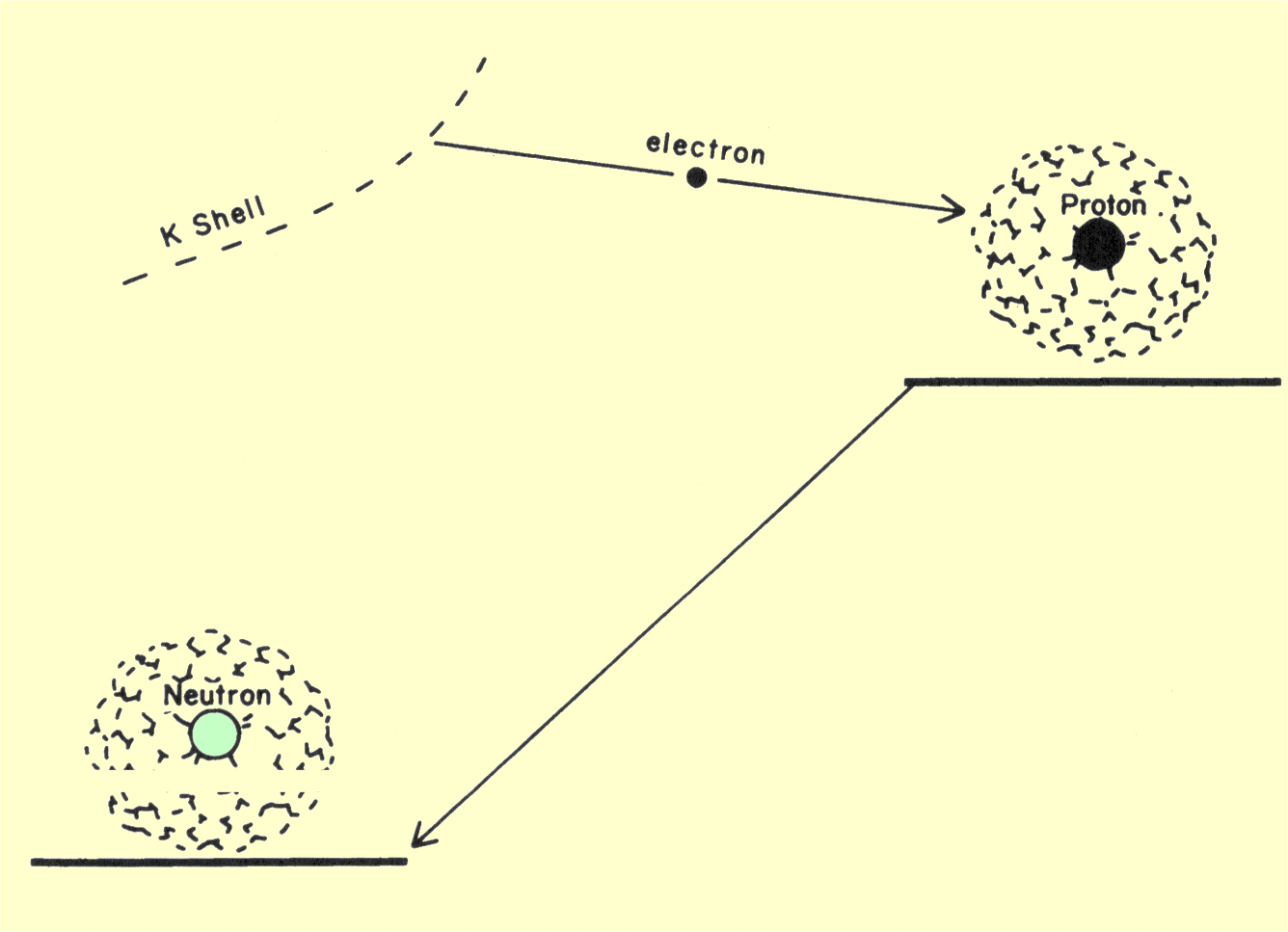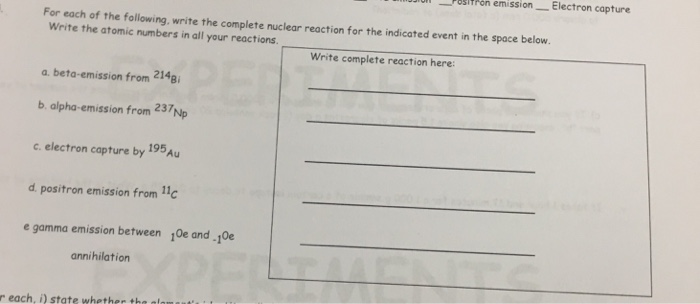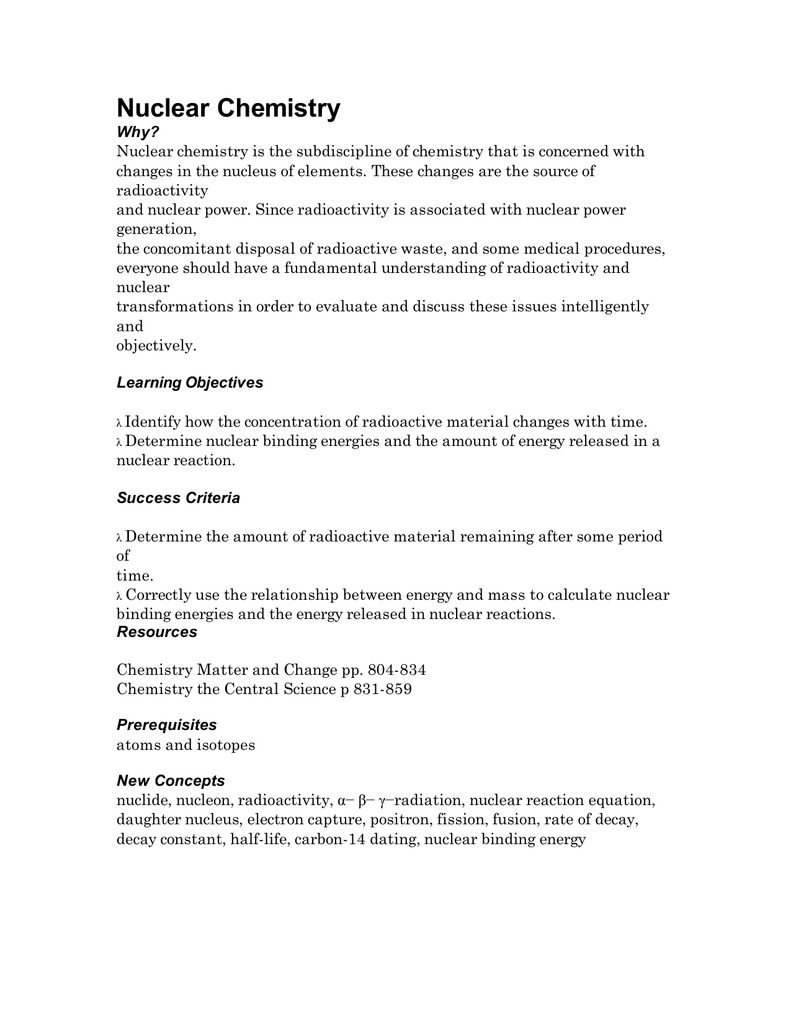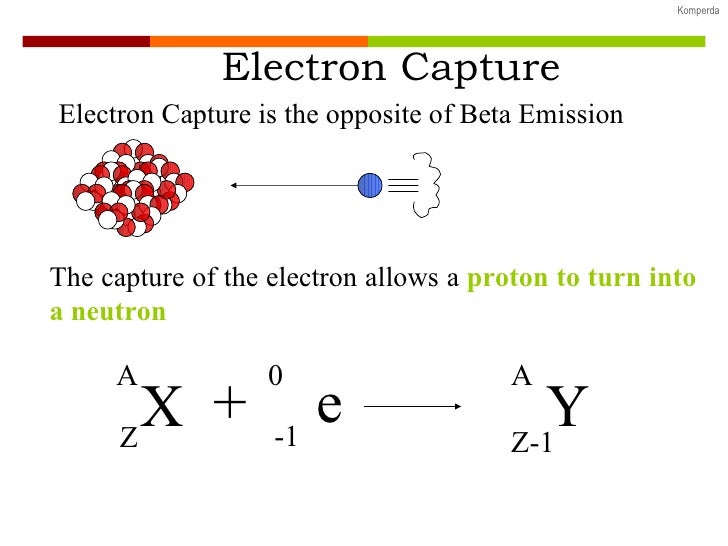Nuclear Reaction Electron Capture
Nuclear Reaction Electron Capture, Indeed recently has been hunted by consumers around us, perhaps one of you personally. People now are accustomed to using the internet in gadgets to view video and image information for inspiration, and according to the name of this article I will discuss about
If the posting of this site is beneficial to our suport by spreading article posts of this site to social media marketing accounts which you have such as for example Facebook, Instagram and others or can also bookmark this blog page.
For The B Positron Emission From A Nucleus There Is Another Competing Process Known As Sarthaks Econnect Largest Online Education Community Nuclear Weapons And Environment Nuclear Bomb Vs Volcano
Electron capture k electron capture also k capture or l electron capture l capture is a process in which the proton rich nucleus of an electrically neutral atom absorbs an inner atomic electron usually from the k or l electron shellsthis process thereby changes a nuclear proton to a neutron and simultaneously causes the emission of an electron neutrino.

Nuclear weapons and environment nuclear bomb vs volcano. Capture reactions result in the loss of a neutron coupled with the production of one or more gamma raysthis capture reaction is also referred to as a radiative capture or n g reaction and. Physicists first predicted the effect called nuclear excitation by electron capture neec over 40 years ago. In fact for non fissionable nuclei it is the only possible absorption reaction.
The target nucleus and the product nucleus are isotopes or forms of the same element. Electron capture is a process in which a parent nucleus captures one of its orbital electrons and emits a neutrinoelectron capture known also as inverse beta decay is sometimes included as a type of beta decay because the basic nuclear process mediated by the weak interaction is the samein this process a proton rich nucleus can also reduce its nuclear charge by one unit by absorbing an. Neutron capture ng reactions are among the more common types of nuclear reactions that involve compound nucleus formation.
Tobias in progress in nuclear energy 1980. The decay modes of the fission products with few exceptions are limited to b decay b decay electron capture and isomeric transition. The electrons involved in electron capture come from an atoms own electron cloudit is like an electron crashes into the nucleus and causes a decay reaction.
Z x e z 1 y v e. Neutron capture radiative capture. Note the reduction in atomic number but conservation of mass number in the daughter nucleus.
Details are required of the radioactive half lives decay mode branching fractions and mean beta and gamma energies emitted. The neutron capture is one of the possible absorption reactions that may occur. In most situations involving low energy neutrons the compound nucleus has insufficient energy for nucleon emission.
Electron capture another type of nuclear decay reaction is electron capture. In electron capture an electron from an inner orbital is captured by the nucleus of the atom and combined with a proton to form a neutron. Thus gamma ray emission and beta decay are the most common occurrences.
The nuclear reaction depicting electron capture decay is. For example silver 106 undergoes electron capture to become palladium 106. The electron on the left side of the equation is usually absorbed from the k or l shell of the parent nucleus.
Thus phosphorus 31 on undergoing neutron capture becomes phosphorus 32. This advance tests theoretical models that describe how nuclear and atomic realms interact and may also provide new insights into how star elements are created. Using the argonne tandem linear accelerator system atlas and gammasphere a.
